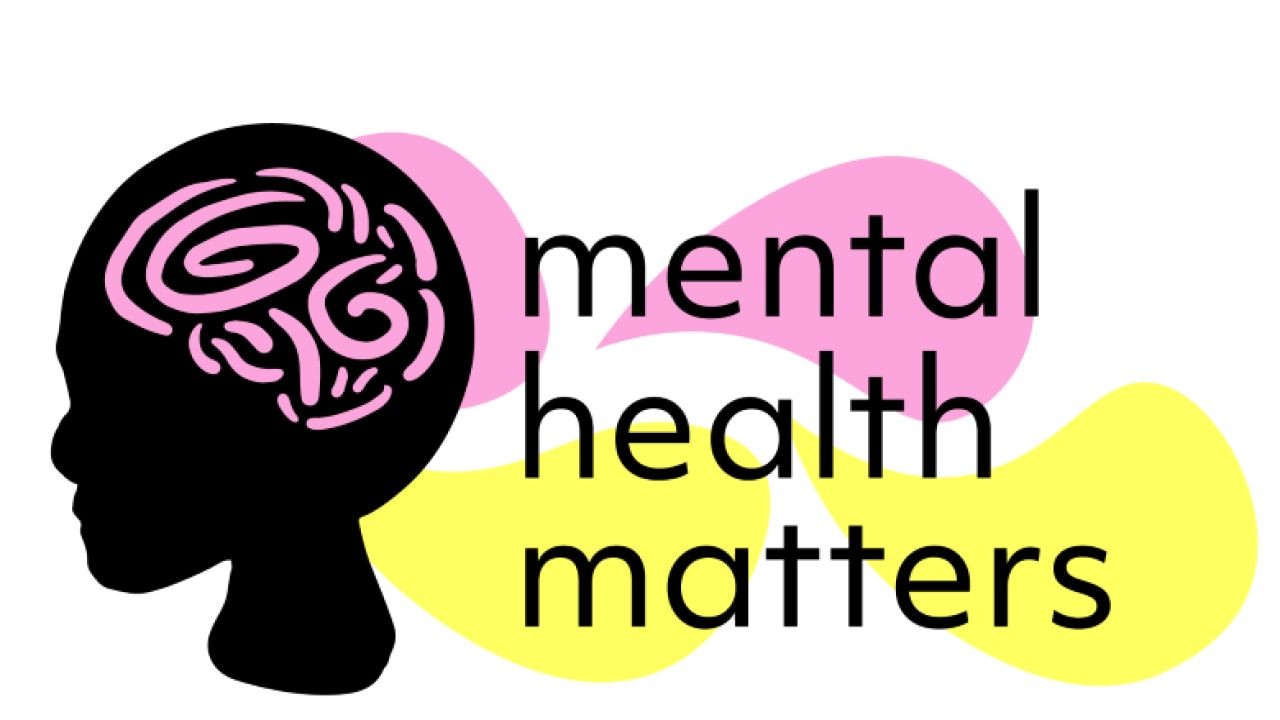In recent years, the combination of rising house prices and stagnant wage growth has put unprecedented pressure on New Zealanders, quietly exacerbating a mental health crisis that often goes unnoticed. Mortgage stress is not just a financial issue but a significant public health concern affecting a growing number of Kiwi households. With the Reserve Bank of New Zealand reporting a 27% rise in property prices since 2020, the implications are profound, as financial strain increasingly leads to anxiety, depression, and other mental health challenges.
Understanding Mortgage Stress in New Zealand
Mortgage stress occurs when homeowners struggle to meet their mortgage repayments. In New Zealand, this is often a consequence of high property prices coupled with modest income increases. According to Stats NZ, the median house price has surged to more than $800,000, while wage growth has lagged behind, creating a financial pinch for many families.
This financial strain is further compounded by inflationary pressures, as the cost of living continues to rise. As the Reserve Bank of New Zealand adjusts interest rates to manage inflation, mortgage holders are facing increased repayment burdens. For many, this leads to a tough financial balancing act that can have profound mental health implications.
The Connection Between Financial Strain and Mental Health
Financial stress is a well-established risk factor for mental health issues. Studies from the University of Auckland have shown a direct correlation between financial difficulties and heightened levels of anxiety and depression. When individuals are preoccupied with their financial situation, it can lead to chronic stress, affecting their ability to function productively in daily life.
For example, a 2023 study by Massey University revealed that individuals experiencing mortgage stress were three times more likely to report symptoms of anxiety and depression compared to those who were financially stable. This is particularly concerning given that mental health support services in New Zealand are already stretched thin.
Case Study: A Look at Wellington's Housing Market
In Wellington, the housing market has been particularly volatile, with property prices increasing by 15% in the past year alone. This rapid appreciation has placed significant pressure on homeowners, many of whom are now spending more than 30% of their income on mortgage repayments.
A local couple, Sarah and John, found themselves in this situation. Despite both working full-time, they struggled to meet their mortgage obligations after their interest rate increased. This financial stress began to take a toll on their mental health, leading to sleepless nights and strained relationships.
To manage their stress, they sought financial counseling and restructured their mortgage to extend the repayment term, reducing their monthly payments. This provided some relief but highlighted the broader issue affecting many others in their community.
Pros and Cons of Current Mortgage Policies
Pros:
- Stabilized Housing Market: Current policies aim to stabilize the housing market, preventing speculative bubbles that could lead to broader economic issues.
- Increased Homeownership: Efforts to make housing more accessible have enabled more New Zealanders to achieve homeownership, a key aspect of financial security.
- Financial Literacy Initiatives: Programs designed to improve financial literacy are helping homeowners better understand and manage their mortgage commitments.
Cons:
- Affordability Issues: Despite efforts, housing affordability remains a significant issue, with many households spending a large portion of their income on housing costs.
- Interest Rate Volatility: Fluctuating interest rates add another layer of uncertainty for homeowners, complicating financial planning.
- Limited Mental Health Support: The link between mortgage stress and mental health is not adequately addressed in current housing policies.
Debunking Common Myths About Mortgage Stress
Myth 1: Only Low-Income Families Experience Mortgage Stress
Reality: Mortgage stress affects individuals across various income levels. Even middle and high-income earners can face financial strain due to large mortgage commitments and unexpected financial changes.
Myth 2: Refinancing Always Solves Mortgage Stress
Reality: While refinancing can lower monthly payments, it often extends the loan term, which may not address underlying financial issues or relieve stress in the long term.
Myth 3: Mental Health Issues Are Unrelated to Financial Stress
Reality: Financial stress is a significant contributor to mental health problems, with studies showing a clear link between financial difficulties and increased mental health challenges.
Strategies for Alleviating Mortgage Stress
Addressing mortgage stress requires a multi-faceted approach. Homeowners can take proactive steps such as creating a detailed budget, seeking financial advice, and exploring government assistance programs designed to support those in financial difficulty. Additionally, fostering open discussions about mental health can help reduce stigma and encourage individuals to seek help when needed.
Case Study: Innovative Solutions from Abroad
In Australia, a program called "Mortgage Mates" pairs individuals to co-purchase properties, spreading the financial burden and reducing individual stress. This innovative approach has shown promise in reducing mortgage stress and could be adapted for the New Zealand market to provide similar relief.
Future Trends: What Lies Ahead for New Zealand’s Housing Market?
Looking ahead, experts predict that New Zealand's housing market will continue to face challenges. According to a report by Deloitte, housing demand is expected to outpace supply, further exacerbating affordability issues. However, advancements in technology and policy reforms could provide new opportunities for addressing these challenges.
For instance, the adoption of digital platforms for property transactions can increase market transparency, while government initiatives focused on increasing housing supply and affordability could help alleviate some of the pressures facing homeowners.
Final Takeaways
- Mortgage stress is a pressing issue in New Zealand, with significant implications for mental health.
- Effective financial management and open discussions about mental health are crucial for mitigating the impact of mortgage stress.
- Innovative solutions from abroad, such as co-purchasing schemes, could provide new avenues for relief.
- Future trends in housing policy and technology could reshape the landscape, offering new opportunities for sustainable homeownership.
As New Zealand continues to navigate the complexities of its housing market, addressing the intersection of financial stress and mental health will be crucial. By fostering open dialogues and adopting innovative solutions, we can create a more supportive environment for homeowners across the country. What are your thoughts on these issues? Share your insights in the comments below!
People Also Ask (FAQ)
- What are the biggest misconceptions about mortgage stress? One common myth is that mortgage stress only affects low-income families. However, research shows it impacts individuals across all income levels.
- How does mortgage stress impact mental health? Financial strain from mortgage stress can lead to anxiety and depression, with studies indicating a direct correlation between financial difficulties and mental health issues.
- What are the best strategies for managing mortgage stress? Experts recommend creating a detailed budget, seeking financial advice, and exploring government assistance programs to alleviate mortgage stress.
Related Search Queries
- Mortgage stress solutions NZ
- Impact of mortgage stress on mental health
- New Zealand housing market trends
- Government assistance for mortgage stress
- Financial literacy programs in NZ
- Co-purchasing property in New Zealand
- Interest rate impacts on housing market NZ
- Future of New Zealand's housing market
- Mental health support services NZ
- Housing affordability crisis in New Zealand
































WillCrider
10 months ago